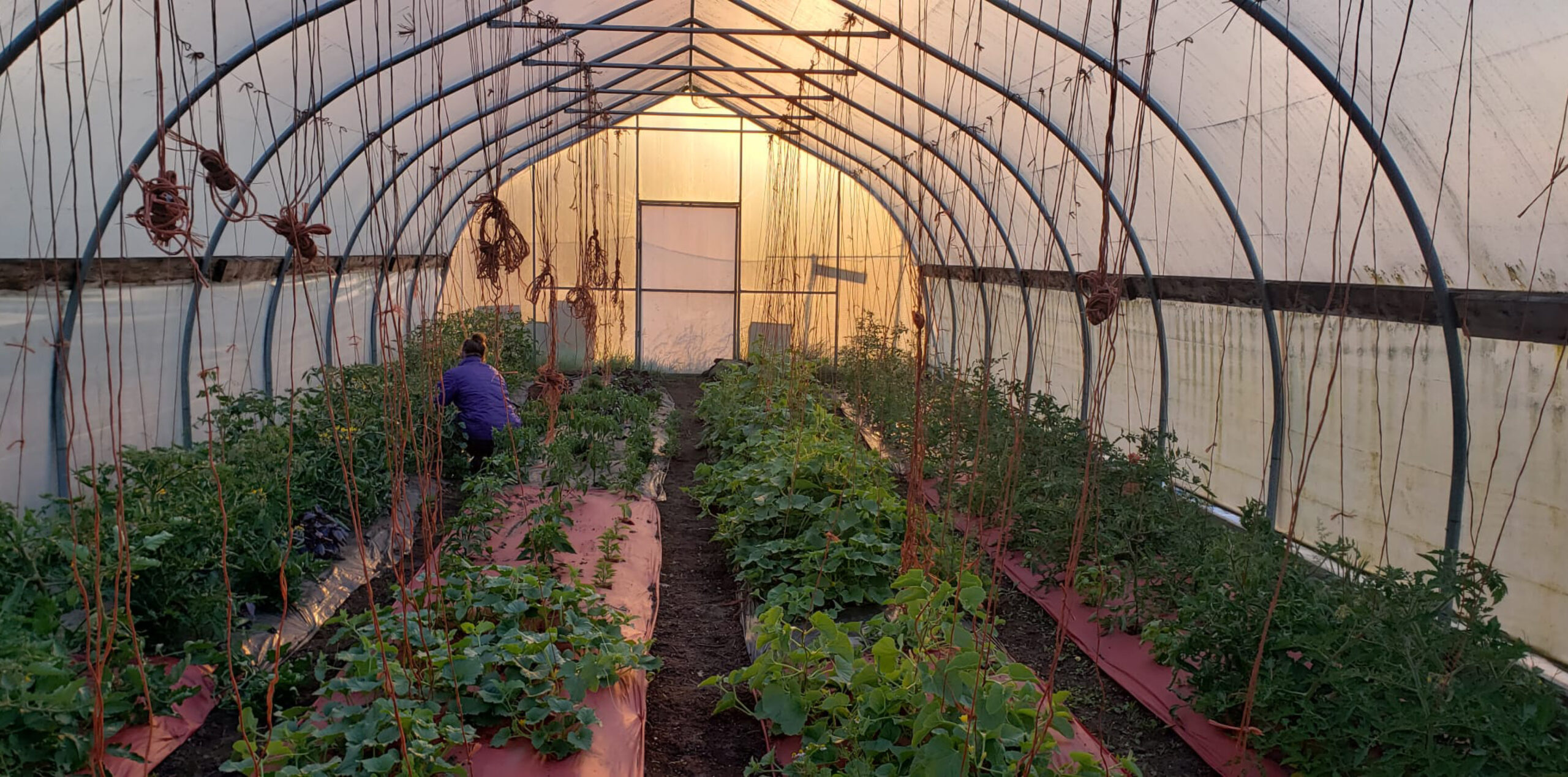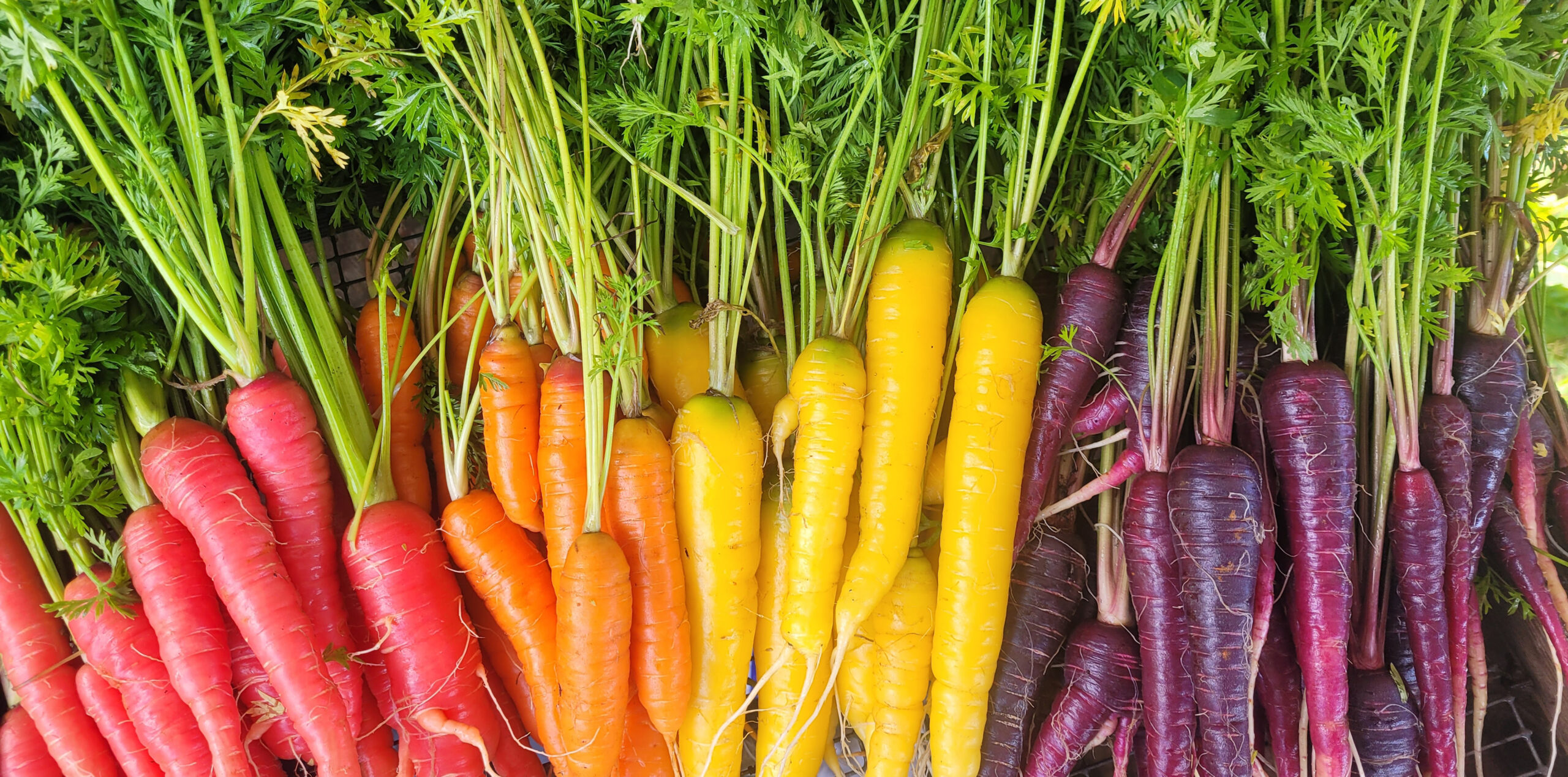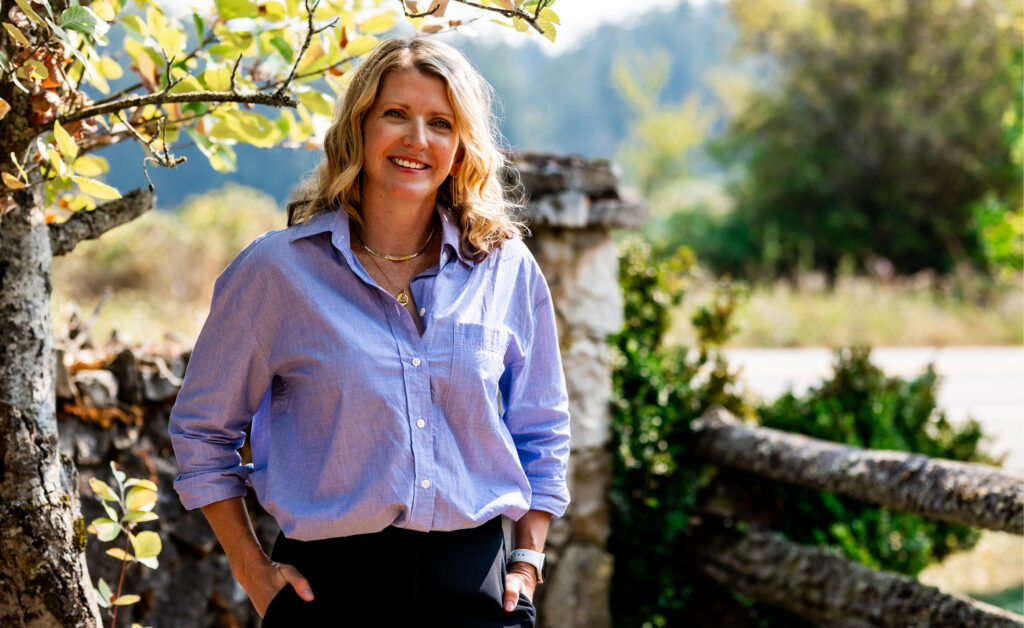by Jo Barnes | photos by Kathryn Alvarez Photography –
When people hear the term “woofer” in relation to a farm, they might picture a happy farm dog running through the fields. But while Alex McArdle of Bird & Bean Farm on Cordova Bay Road has two dogs for which the farm is named, the term woofer actually refers to a global farming educational and cultural exchange program in which she and her farm participate.
Worldwide Opportunities on Organic Farms (WWOOF) is a movement that creates a mentor-mentee relationship in which those new to sustainable and organic farming can learn from those with experience in this area. This learning can involve travelling and working on farms in other countries.
“Years ago, I heard about WWOOF from a friend, and was involved in the program in the U.K. and New Zealand. It’s a great learning opportunity and a wonderful way to travel,” shares Alex, adding: “Last summer, we hosted people from the U.K. and Germany and they volunteered on our farm here.”
Nestled among tall firs and arbutus, the farm, formerly known as Belle Isle Farm, is a beautiful space. Originally, Alex worked here as a farmhand, and then in the fall of 2021, she purchased the farm business, renaming it “Bird & Bean” for her two dogs, a Labrador and a border terrier.
“We have two dogs. One is named ‘Skeena’ or ‘Skeena Beana’ as she gets called. This is the ‘Bean’ in the name. The other dog loves to perch like a bird on the couch which accounts for the other part of the name, ‘Bird’.”
The farm’s produce is diverse. Harvest begins in early June running to the end of October with an extension in November for particular items. “In spring, we have lettuces, early mustards and various choy and then melons, tomatoes, peppers, zucchini, cucumbers, carrots and strawberries later in the spring into mid-summer,” says Alex. “Later in the season, we have garlic, winter squashes and pumpkins.”
Farm work is demanding, and as Alex relates, assistance from those in the WWOOF program is invaluable. “Our volunteers come for about three weeks to a month. We teach them about farming, and house and feed them. They help with plant bed preparation and cover crops, harvesting and cleaning up plant beds.”
The WWOOF mandate to create worldwide awareness of ecological farming and sustainability resonates well with Alex who did an undergraduate degree in Sustainability and Sociology and also a law degree focusing on environmental and Indigenous law. Her passion informs her volunteer work too as she serves on the CRD Water Advisory Committee, the Haliburton Organic Community Farm Society, and as chairperson for the Esquimalt Farmers Market.
Regenerative agricultural practices are applied at Bird & Bean with a view to enhancing and rehabilitating the farm ecosystem. “The farm is low to no till. Hand tools like broad forks and rakes are used. We do cover cropping and we don’t use pesticides or sprays,” says Alex. “We can minimize damage by pests using various means like insect netting or row covers.”
Alex has also been able to improve the irrigation system, which makes it more efficient. “The irrigation was quite rudimentary and we had to rotate valves manually. We were able to put in automatic solenoid valves, and now we can run irrigation overnight in each planting zone.”
Produce is marketed through the Community Supported Agriculture (CSA) program. Customers sign up and receive a weekly box of the farm’s harvest. “Our farm tries to offer as much variety for the customers as possible,” notes Alex. “It’s fresh and locally grown.”
Receiving positive customer feedback is always valuable, but sometimes the reactions are surprising and gratifying. “One customer said they weren’t too keen on melons,” relates Alex. “But when they tasted the ones in their CSA box from us, they raved: “I love melon now! I had no idea!”
Bird & Bean produce is also marketed through farmer’s markets where there is an opportunity to not only get local food into the hands of the community but also to educate people about sustainable farming and food security. “It’s important to try to support your local farmer and buy local food. The food landscape is changing,” she comments. “There is a need to diversify because the current food system relies on monocrop farms. Supply chains are at risk right now and the global food system is affected by climate change.”
The farm venture has brought new connections with volunteers keen to learn more about their part in sustainability as well as customers and other farmers. Says Alex: “I love what small scale farming can do to bring people together.”
Providing fresh healthy food for people and working to enhance the vitality of the land all puts a smile on Alex’s face, and her four-legged “woofers” don’t mind the occasional carrot that comes their way!
www.birdandbeanfarm.ca





